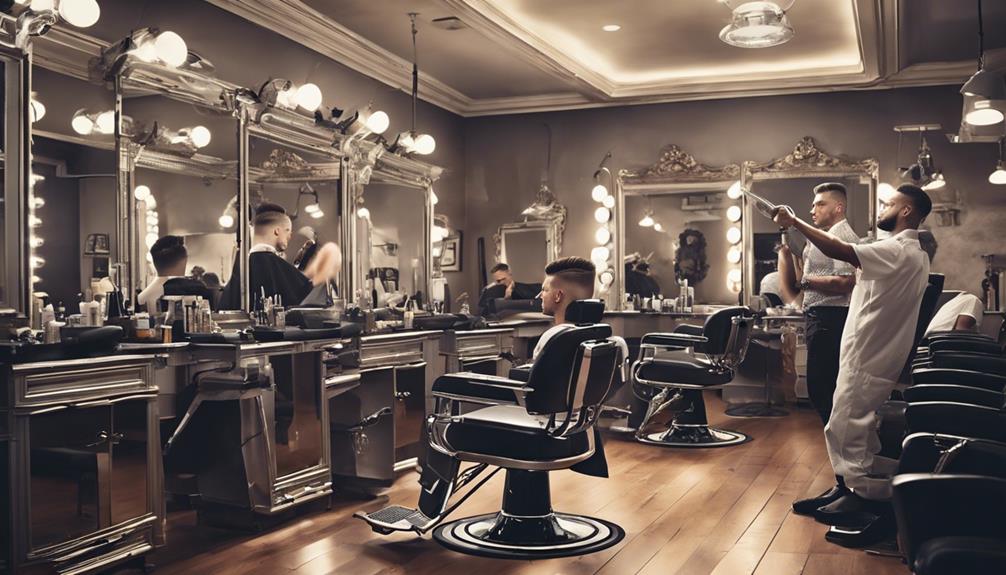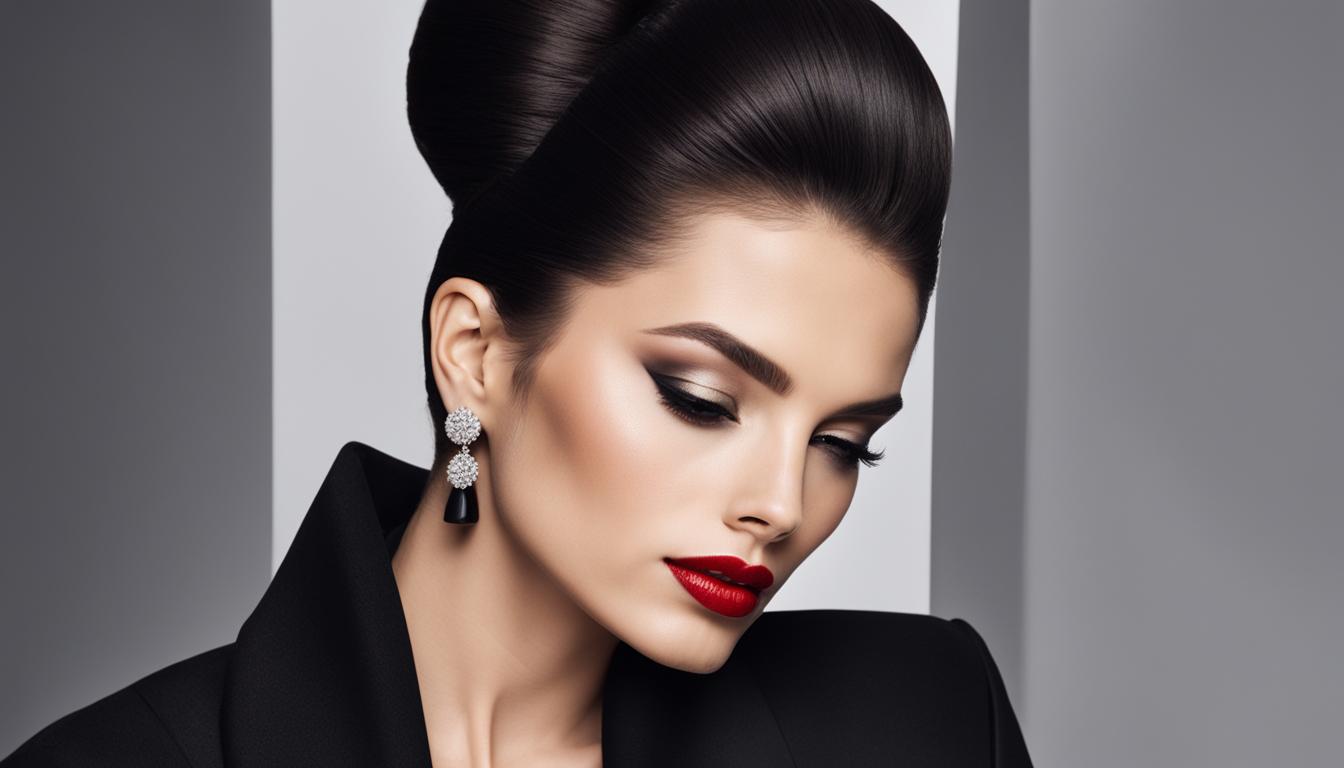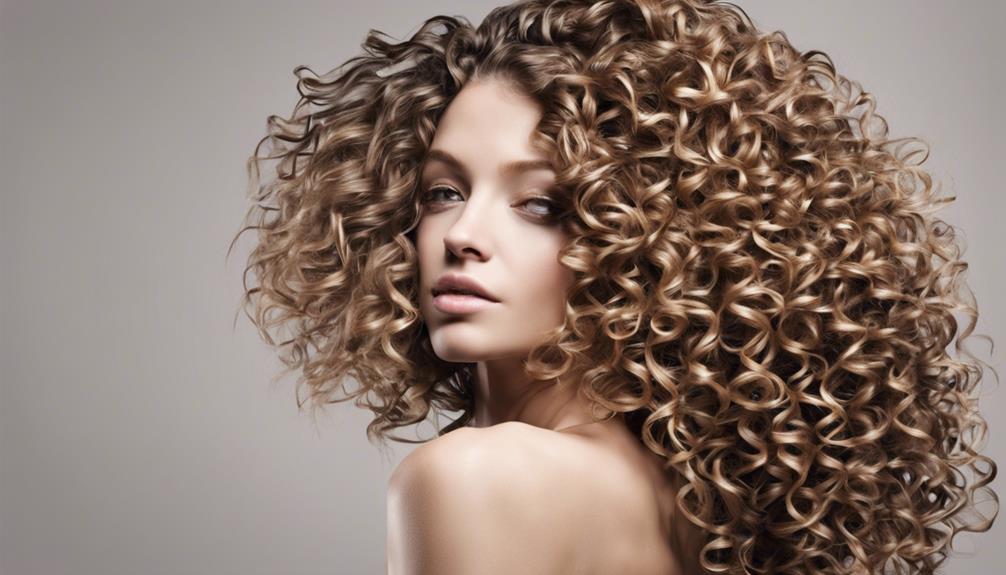Hair oiling techniques, rooted in ancient practices, can truly transform your hair. Start by warming your chosen oil, which boosts absorption. Section your hair and massage the oil gently from roots to tips, enhancing circulation and promoting growth. Depending on your hair type, leave the oil in for a few hours or overnight before rinsing with a sulfate-free shampoo. Choose oils like coconut for moisture or castor for growth, and consider adding essential oils for extra benefits. This holistic approach not only nourishes your hair but also brings a sense of well-being, revealing more insights waiting for you.
Key Takeaways
- Warm oil before application to boost absorption and nourishment, following ancient techniques for optimal results.
- Section hair and gently massage oil from roots to tips, promoting blood circulation and scalp health.
- Leave the oil in for several hours or overnight, aligning with traditional practices for deeper conditioning.
- Rinse with a gentle, sulfate-free shampoo, ensuring thorough removal of excess oil while preserving natural moisture.
- Adapt oil choices seasonally; use sesame oil in winter for nourishment and coconut oil in summer for hydration.
Cultural Significance of Hair Oiling

Cultural Significance of Hair Oiling
Rooted in ancient traditions, hair oiling carries deep cultural significance, especially in Indian society where it symbolizes self-care and connection to one's heritage. This ancient practice reflects Ayurvedic principles that emphasize balance and harmony with nature. When you engage in hair oiling, you're not just nourishing your hair; you're also embracing a ritual that has been cherished for generations.
Additionally, incorporating essential oils for hair growth can further enhance the benefits of this practice, making it a holistic approach to hair care. The Sanskrit term "sneha" beautifully captures this essence, signifying both oil and love. It highlights how hair oiling is a form of self-love, integrating nourishment with emotional well-being.
Historical records reveal that various cultures, such as the Egyptians who revered castor oil and North Africans who used argan oil, have long acknowledged the benefits of natural oils for hair health.
In today's world, hair oiling has surged in popularity, with over 62.4 million views on TikTok under #hairoiling, showcasing its enduring appeal. Beyond simply enhancing hair's health, this therapeutic ritual promotes relaxation and mindfulness.
Techniques for Effective Hair Oiling

Hair oiling can be a transformative experience for your hair and scalp when done correctly. To effectively oil your hair, follow these techniques for best results:
- Warm the oil slightly before application to enhance absorption and nourishment.
- Section your hair and start applying the oil from the roots down to the tips. Use gentle circular motions to massage the scalp for at least 10 minutes. This helps improve blood circulation and promote relaxation.
- For the finest results, leave the oil in for several hours or overnight, depending on your hair type and preference.
- When it's time to rinse, use a gentle shampoo, ideally sulfate-free, and don't hesitate to wash twice to remove excess oil while maintaining moisture balance.
- Make seasonal adjustments in your oil choices, like using sesame oil in winter for warmth and coconut oil in summer for cooling effects.
Here's a quick reference table:
| Step | Action | Purpose |
|---|---|---|
| Warm the oil | Heat slightly before use | Enhance absorption |
| Section your hair | Divide hair for even application | Guarantee thorough coverage |
| Scalp massage | Use circular motions for 10 minutes | Promote hair growth and relaxation |
| Rinse with shampoo | Use gentle, sulfate-free shampoo | Remove excess oil |
| Seasonal adjustments | Choose oils based on the season | Cater to hair and scalp needs |
Choosing the Right Hair Oil
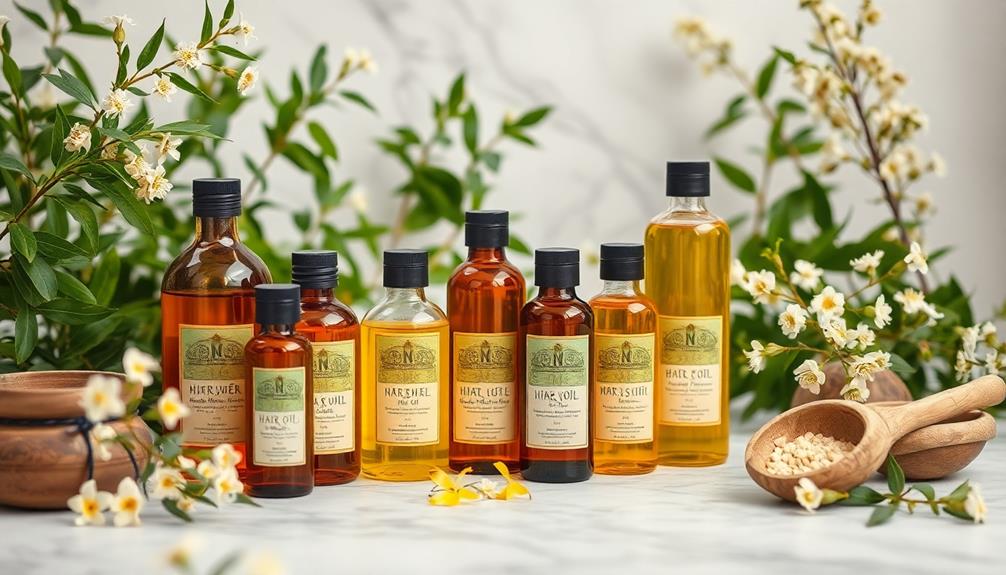
Choosing the right hair oil can greatly impact the health and appearance of your locks. It's crucial to select oils based on your hair type and scalp condition. For moisture retention, coconut oil is a great choice, while castor oil excels at stimulating hair growth. If you're concerned about oxidative damage, argan oil can help.
Incorporating important oils like lavender and rosemary can enhance the benefits of your chosen carrier oils, promoting scalp health and hair vitality.
Remember, Ayurvedic principles suggest tailoring your oil to your dosha—sesame oil for Vata types in winter and coconut oil for Pitta types in summer.
Seasonal adjustments are also key; warming oils like almond and castor work well in colder months, while cooling oils like hibiscus and coconut are perfect for humid climates.
Before diving into new oils, conduct patch tests to verify compatibility and reduce the risk of adverse reactions. This personalized approach not only maximizes the benefits of hair oiling but also helps you enjoy healthier, more vibrant hair that thrives with each application.
Therapeutic Benefits of Hair Oiling
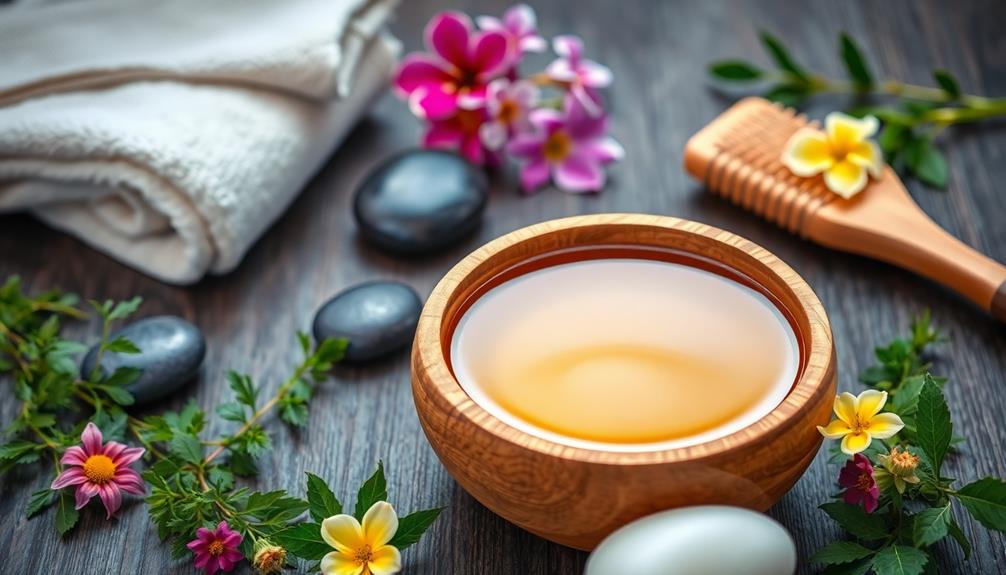
The soothing ritual of oiling your hair offers more than just nourishment; it can greatly enhance your overall well-being. Embracing this ancient wisdom, you'll discover the therapeutic benefits of regular oiling, which include improved scalp health and increased blood circulation. This process not only promotes hair growth but also reduces hair loss over time.
Additionally, just as luxurious Florida hotels with epic water parks provide unique experiences for guests, a dedicated hair oiling routine can transform your self-care rituals into moments of indulgence and relaxation.
Incorporating a scalp massage into your oiling routine adds another layer of relaxation. As you gently knead your scalp, you alleviate stress and tension, fostering a sense of mindfulness. This self-care ritual encourages you to reconnect with your body, making it a moment of peace amidst life's chaos.
Using essential oils like lavender or rosemary can elevate the experience even further. These oils not only improve your mood but also stimulate hair follicles, contributing to thicker, healthier hair.
Research indicates that the nutrients flow more freely to your hair follicles during scalp massages, enhancing their overall health.
Future Trends in Hair Care

As consumer preferences shift, personalized hair care products are taking center stage, reflecting a demand for tailored solutions that meet individual needs.
You'll likely notice a growing trend towards natural ingredients and DIY hair care solutions, as people seek holistic approaches to hair health.
Essential oils for wellness have gained popularity, showcasing their versatility in enhancing hair care routines. Social media has amplified this movement, with the #hairoiling trend racking up over 62.4 million views on TikTok, showcasing the resurgence of ancient practices like Ayurvedic hair oiling.
Innovations in herbal formulations and essential oil blends are becoming essential components of modern hair care routines. These products not only promote hair growth but also align with your desire for wellness.
As you explore your options, you'll find that personalized hair care is about more than just a one-size-fits-all approach; it's about addressing your unique hair and scalp needs.
Future trends will likely integrate nutritional support alongside traditional treatments, emphasizing the importance of vitamins and supplements for promoting hair growth.
Frequently Asked Questions
What Did Ancient People Use for Hair Growth?
Ancient people used natural oils like castor, sesame, and coconut for hair growth. They also incorporated herbal ingredients like amla and bhringraj, believing these boosted nourishment and energy, promoting healthier, stronger hair over time.
Why Do Some Cultures Oil Their Hair?
Think of hair oiling as a nurturing hug for your strands. Some cultures oil their hair to nourish it, promote growth, and enhance shine, turning a simple routine into a cherished ritual of self-care.
What Does Ayurveda Say About Oiling Hair?
Ayurveda emphasizes oiling your hair to nourish and balance your doshas. By using specific oils tailored to your needs, you enhance energy, promote growth, and maintain scalp health, ensuring your hair stays strong and vibrant.
Does Oiling Hair Actually Work?
Research shows that hair oiling can reduce protein loss by up to 50%. If you regularly oil your hair, you'll likely notice improved texture, reduced breakage, and even enhanced scalp health over time.
Conclusion
Incorporating hair oiling into your routine can truly transform your hair, blending ancient wisdom with modern care. For example, a study on women in India revealed that regular oiling with coconut oil greatly improved hair strength and reduced breakage. By choosing the right oil and applying effective techniques, you're not just nourishing your hair but also honoring a time-honored tradition. Embrace this practice, and you might just reveal the secret to healthier, shinier locks.



